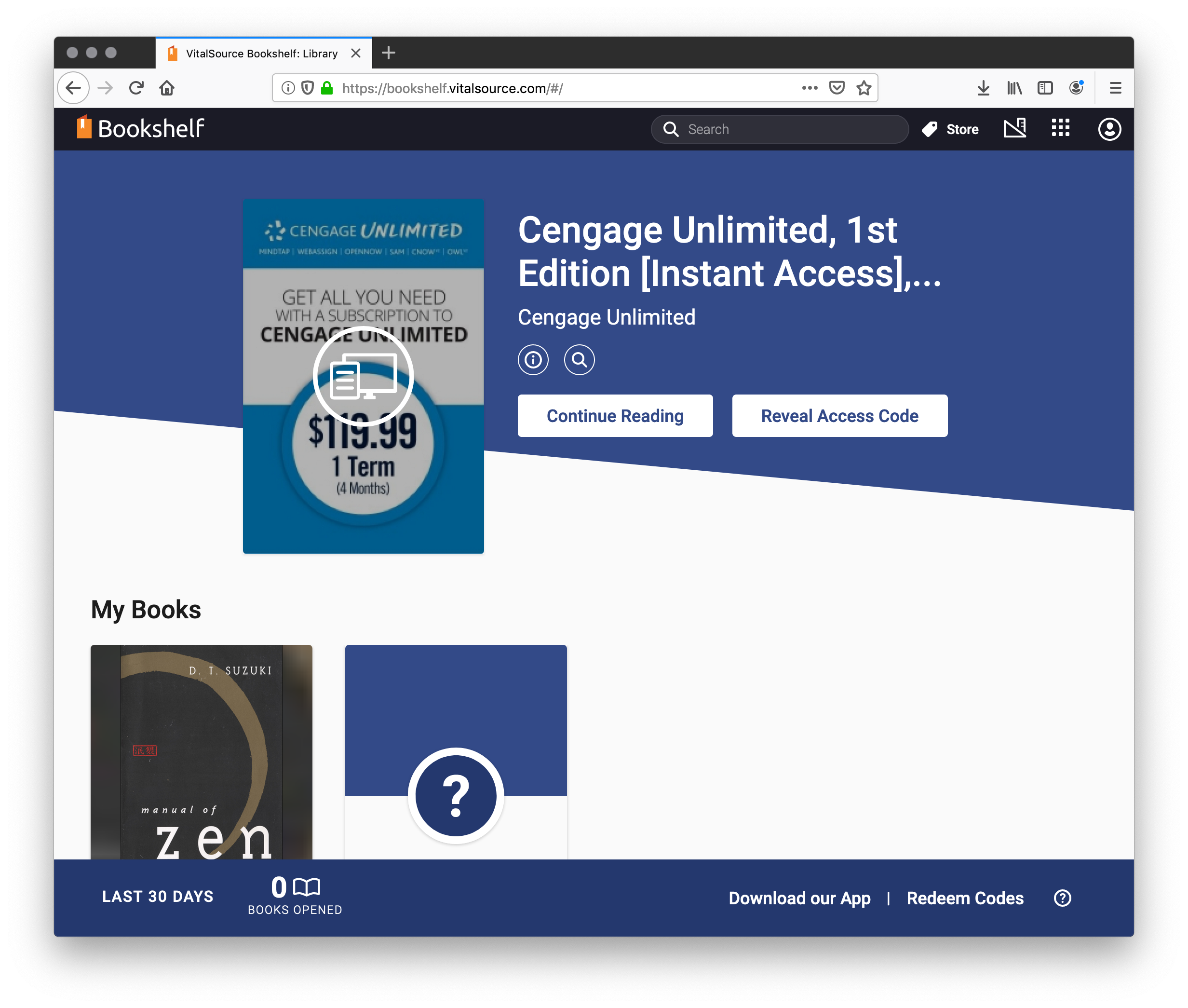
McGraw Hill reported a 12% increase in its paid activations for its LearnSmart and Connect programs from last school year to 1.2 million.Ī Pearson spokesperson told BuzzFeed News that "digital materials are less expensive and a good investment" that offer new features, like audio texts, personalized knowledge checks and expert videos.

Pearson reported a 3% increase in global digital registrations last year for its MyLab programs, which totaled 13 million in 2015. The company said that 45% of its $140 million revenue in 2015 "was derived from digital products," according to its annual report. McGraw Hill Education, which controls 21% of the higher education market, reported in March that its digital content sales surpassed print sales for the first time in 2015. The access codes may be another financial headache for students, but for textbook businesses, they're the future. "But because it’s all digital it eliminates the used book market and eliminates any sharing and because homework and tests are through an access code, it eliminates any ability to opt out."

"Rather than $250 you’re paying $120," said Senack. Public Interest Research Group, to BuzzFeed News. "When we talk about access codes we see it as the new face of the textbook monopoly, a new way to lock students around this system," said Ethan Senack, the higher education advocate for the U.S. While they could once buy second-hand textbooks, or share copies with friends, the digital systems are essentially impossible to avoid. These companies, which long reaped big profits as textbook publishers, have boasted to investors that their new online offerings, when pushed to students through universities they partner with, represent the future of the industry.īut critics say the digital access codes represent the same price-gouging ethos of the textbook business, and are even harder for students to opt out of.

The codes - which typically range in price from $80 to $155 per course - give students online access to systems developed by education companies like McGraw Hill and Pearson. As universities go digital, students are complaining of a new hit to their finances that is replacing - and sometimes joining - expensive textbooks: pricey online access codes that are required to complete coursework and submit assignments.


 0 kommentar(er)
0 kommentar(er)
